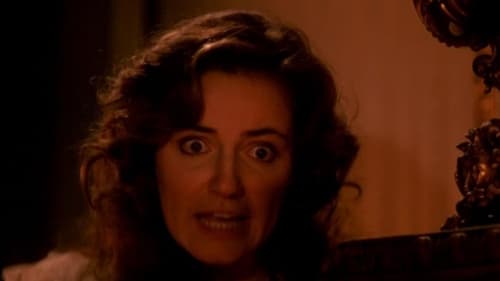
Messenger
At the time Portugal presented a strange spectacle to the rest of Europe. D. Afonso VI, son of the fortunate D. João de Bragança, was in possession of the throne and was an insane imbecile. His wife, daughter of the Duke of Nemours and cousin of Louis XIV, dared hatch a plot to oust her husband from the throne. The king's stupidity justified the queen's bravado. Despite being master of unusual strength and having slept with his wife for a long time, she accused him of being impotent. Marie Françoise had acquired through artfulness what Afonso had lost in anger in the kingdom. She had him imprisoned ( November 1667 ) and quickly obtained a papal bull from Rome to confirm her virginity and bless her marriage to her brother-in-law Pedro. Portugal's submission for the Academy Award for Best Foreign Language Film in 1990.

The Baron
This odd film is a major representative of an even odder film genre: direct-to-celluloid opera. It was commissioned by the Portuguese master of style, director Manoel de Oliveira from composer João Paes. Musically, it ranges from 19th-century romanticism to popular, modernist and even "post-modernist" styles. In the initially tame story, a host-narrator tells the story of a wedding between the two lovebirds: Viscount d'Aveleda and the beautiful Marguerite. However, what happens in the bridal chamber is incredibly bizarre. The events after that are even stranger (the film out-does even Luis Buñuel in that department), and the wedding guests and family indulge in cannibalism, among other perversions.

